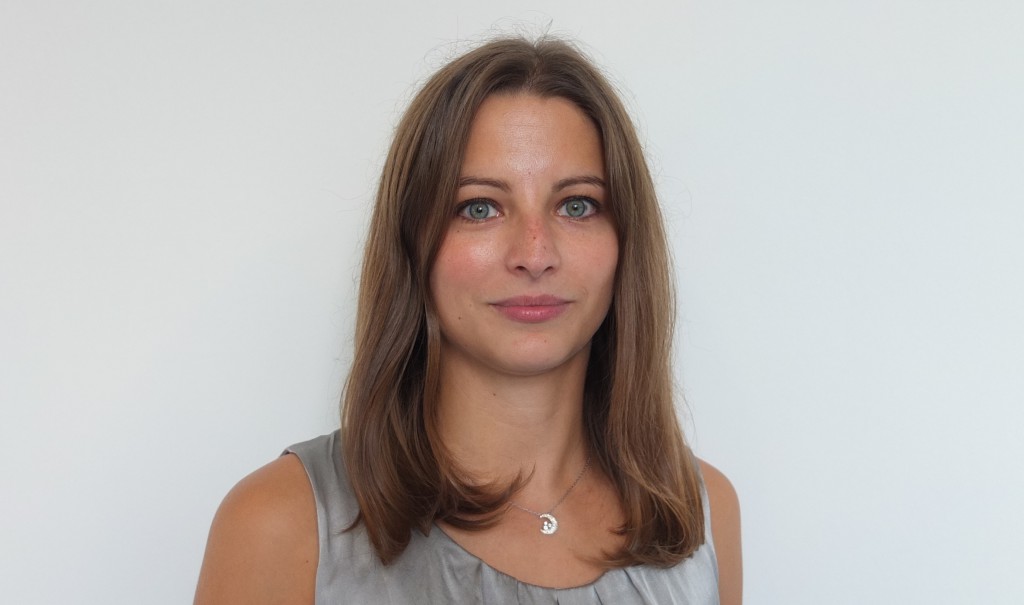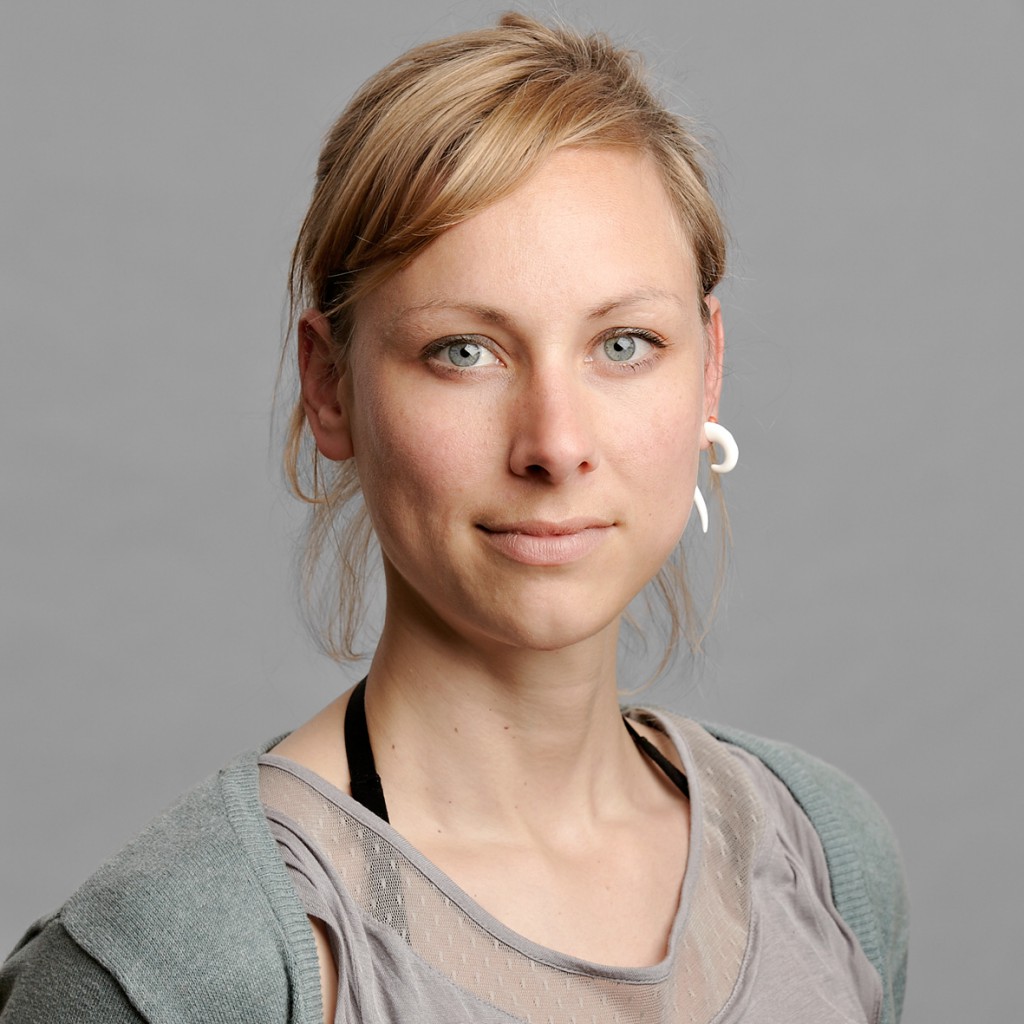
During the past two weeks of the UN summit, we have read about the problems that civil society actors have faced in making their voices heard.
Following on from the November 13 Paris terror attacks protests and other public events were banned in the city. Under these circumstances, social media represent a means through which civil society organisations can stand up for what they believe in and receive public attention.
In this blog post, I want to take a look at the climate change debate taking place on twitter, and the actors participating in it. During the conference, I have collected tweets using Google Tags based on the hashtag #climatechange. The following preliminary analyses are based on tweets collected between 30th of November and 8th of December 2015.
Continue reading Civil Society Actors in the #Climatechange Debate

